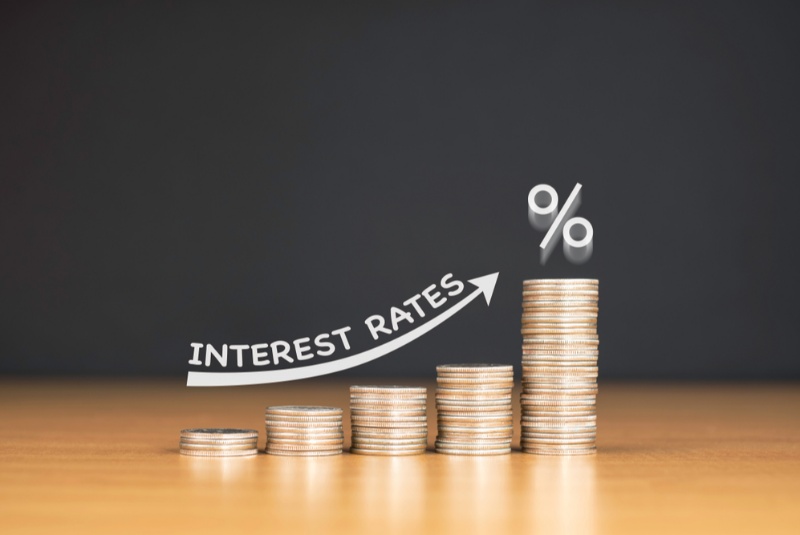Credit cards can be valuable tools for managing finances, building credit, and accessing rewards, but they also come with risks if not used wisely. Many people fall into common traps that lead to debt, penalties, and a damaged credit score. Understanding these pitfalls and learning how to avoid them can save you money and stress in the long run. Here’s a comprehensive guide to help you steer clear of the most common credit card mistakes.
Overspending Beyond Your Means
One of the biggest temptations with credit cards is the ability to spend money you don’t currently have. This can quickly lead to mounting debt that’s difficult to repay.
- Why It’s a Problem: High balances increase interest costs, lower your credit utilization ratio, and may lead to financial strain.
- How to Avoid It: Set a budget and treat your credit card like a debit card. Only charge what you can pay off in full each month. Regularly track your expenses to ensure you’re staying within your means.
Failing to Pay Your Balance in Full
Carrying a balance from month to month is a common mistake that results in unnecessary interest payments.
- Why It’s a Problem: Interest rates on credit cards are often high, and even a small balance can grow exponentially over time.
- How to Avoid It: Make it a goal to pay your statement balance in full every month. If this isn’t possible, focus on paying as much as you can to minimize interest charges.
Making Late Payments
Missing your credit card due date even once can have significant consequences, including late fees and a hit to your credit score.
- Why It’s a Problem: Late payments can stay on your credit report for up to seven years and may result in higher interest rates on future borrowing.
- How to Avoid It: Set up payment reminders or enroll in autopay to ensure you never miss a due date. If autopay isn’t an option, create a habit of paying your bill as soon as you receive your statement.
Ignoring Your Credit Card Statements
Many people overlook their monthly statements, missing errors, unauthorized charges, or signs of identity theft.
- Why It’s a Problem: Failure to review your statements can lead to financial losses and unresolved disputes.
- How to Avoid It: Review your statements every month for accuracy. Report any discrepancies to your credit card issuer immediately.
Applying for Too Many Cards at Once
Opening multiple credit card accounts within a short period can make you appear financially risky to lenders.
- Why It’s a Problem: Each application results in a hard inquiry on your credit report, which can lower your credit score temporarily.
- How to Avoid It: Be selective about the credit cards you apply for. Research options carefully and choose cards that align with your financial needs and spending habits.

Only Making Minimum Payments
While paying the minimum keeps your account in good standing, it allows interest to accrue on the unpaid balance, making it harder to pay off debt.
- Why It’s a Problem: Minimum payments often barely cover interest, leaving most of the principal balance untouched.
- How to Avoid It: Pay more than the minimum each month, even if you can’t pay the full balance. Prioritize high-interest debts to save money over time.
Mismanaging Rewards Programs
Credit card rewards programs can be lucrative, but they can also lead to overspending or missed opportunities if not used properly.
- Why It’s a Problem: Chasing rewards may tempt you to spend unnecessarily, and failing to redeem points or miles before they expire is a wasted benefit.
- How to Avoid It: Understand the terms of your rewards program and plan your spending accordingly. Redeem rewards regularly to ensure they don’t go to waste.
Closing Old Credit Cards Prematurely
Many people assume that closing a credit card they no longer use is a good financial move, but it can actually hurt your credit score.
- Why It’s a Problem: Closing an account reduces your total available credit, increasing your credit utilization ratio. It may also shorten your credit history.
- How to Avoid It: Keep old accounts open, especially if they have no annual fees. Use them occasionally to keep them active and contribute to a healthy credit profile.
Failing to Monitor Your Credit Utilization
Your credit utilization ratio—the percentage of your available credit you’re using—plays a major role in determining your credit score.
- Why It’s a Problem: High credit utilization signals to lenders that you may be overextended financially.
- How to Avoid It: Aim to keep your credit utilization below 30%. If you find yourself approaching this threshold, consider paying down your balance mid-cycle or requesting a credit limit increase.
Not Understanding the Terms and Conditions
Many cardholders don’t fully understand the terms of their credit cards, such as interest rates, fees, and penalties.
- Why It’s a Problem: Misunderstanding your card’s terms can lead to unexpected charges and financial headaches.
- How to Avoid It: Read the fine print before applying for a credit card. Familiarize yourself with the card’s APR, fees, and rewards structure so you know what to expect.
Neglecting to Build Credit Strategically
Credit cards are one of the easiest tools for building credit, but they must be used responsibly to maximize their benefits.
- Why It’s a Problem: Poor credit management can lower your score, making it harder to qualify for loans or favorable interest rates in the future.
- How to Avoid It: Use your credit card strategically by paying bills on time, keeping balances low, and maintaining a mix of credit types.
Overlooking Annual Fees
While some credit cards come with valuable perks, the cost of annual fees may outweigh the benefits if the card doesn’t match your spending habits.
- Why It’s a Problem: Paying for features you don’t use can strain your budget unnecessarily.
- How to Avoid It: Evaluate whether a card’s benefits justify its fee. If not, consider switching to a no-annual-fee card that better suits your needs.
Using a Credit Card for Cash Advances
Cash advances may seem convenient in an emergency, but they come with high fees and interest rates.
- Why It’s a Problem: Unlike regular purchases, cash advances often accrue interest immediately, making them a costly option.
- How to Avoid It: Reserve cash advances for absolute emergencies and explore other options, like a personal loan or borrowing from savings, first.
Credit cards are powerful financial tools, but they require careful management to avoid costly mistakes. By understanding the risks associated with common missteps—such as overspending, neglecting payments, and mismanaging rewards—you can make smarter financial decisions. Take time to review your habits, set clear goals, and use credit responsibly to build a strong financial foundation. With consistent effort and discipline, you can enjoy the benefits of credit cards without falling into common traps.





